I am working my way through the Medical Intuition Course authored by Caroline Myss and Norm Shealy. It’s interesting that I’m finding the time to complete it during a time of year that can elicit both brilliant joyful emotions along and great dark shadowy feelings. My previous blog post was headlined with the following: At this time of year, light and darkness ignite an appreciation for beauty and contrast. Maybe this is the best time to look at the dark side of feelings. This blog will look at depression.
During the Medical Intuition Course, ** Dr. Norm Shealy, points out that he believes that the biggest obstacles in our ability to heal are our feelings of anger, anxiety, guilt and depression. Dr. William Glasser in his many writings would refer to depression not as a noun but as the verb, depressing. Glasser’s emphasis is that depression is more than being in the black hole, we need to actively work at getting out of it. A task that can seem impossible especially when our environments are buzzing with positive messages of light, compassion, hope and fun.
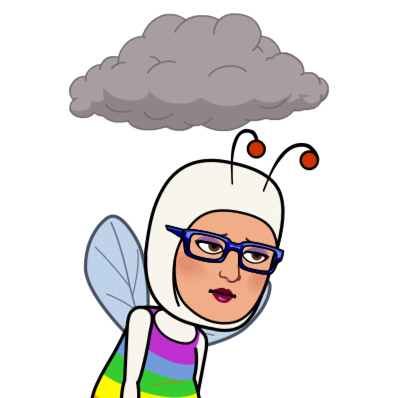
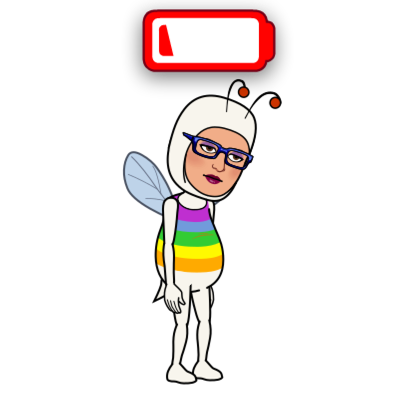
When teaching at the elementary level we often saw behaviours change over the couple of weeks before Christmas. How? Children were anywhere from sassier and cheekier to quieter, less confrontational and sometimes even more cooperative, even clingy. Why? The obvious reason, the extra exciting stimulation (sounds, lights and food) and the anticipation of the holidays was a huge factor, however, what many of us educators realized was that the holidays brought a break of routine (most kids thrive on routine) with late nights and parties. Along with this came the home arguments, parents overindulging with substances (alcohol and drugs) and disappointment due to competitively measuring one’s circumstances against our perfection-orientated Christmas culture. Students would even share their worries about spending two weeks at home.
At the high school level, students’ social media engagement is even more intense. This coupled with the insecurities of teenage maturation, their incessant inner voice of comparison and judgement can be wildly triggered. Plus, remember that the prefrontal cortex lobe of reasoning does not fully develop until the mid-twenties, hence, teenagers are at biological risk of ‘short circuiting’ and making ineffective choices. The desire to grow up and party like adults becomes exceptionally alluring. Holiday time for teens can become a period of great risk-taking and depressing.
The triggering depression sources for adults are multiple and varied. So often the adults choose to self-medicate with alcohol, especially during holiday time. Once I heard it said by someone, “I’m off to see the in-laws so it’s sedation time!”, resulting in the sad clown or worse the binge angry drunk expressing their true feelings. Ultimately the fallout is that alcohol is a depressant; overconsumption becomes not the wisest choice in combatting those depressing feelings.
In hopes of offering support to those struggling with depression themselves or with others, I have found the following resourceful links that offer additional reflections on recognizing depression and great positive coping strategies. We all love our holidays, yet, they do cause a change of routine and can be bittersweet for many. Let’s be mindful of ways we can spot and support our sad clowns.
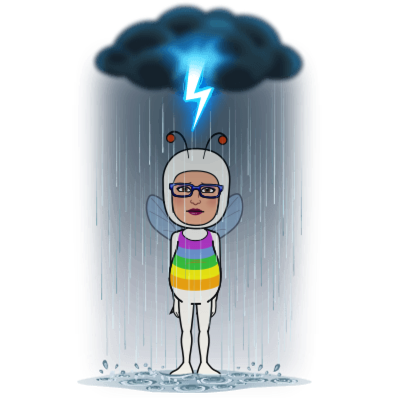
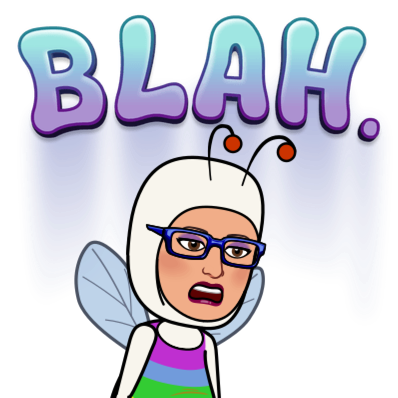
Quick Take Away Links
Depression, Holidays, and Children:
- https://discoverymood.com/blog/can-holiday-season-trigger-childs-depression/
- https://www.mayoclinic.org/healthy-lifestyle/stress-management/in-depth/stress/art-20047544
- https://www.mghclaycenter.org/hot-topics/coping-holiday-stress-2/
- https://www.everydayhealth.com/depression/ways-to-cope-with-depression-during-the-holiday-season/
- https://cmho.org/family-mental-wellness-tips-from-childrens-mental-health-ontario-for-the-holiday-season/

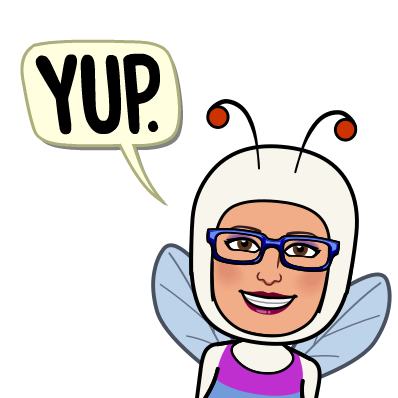

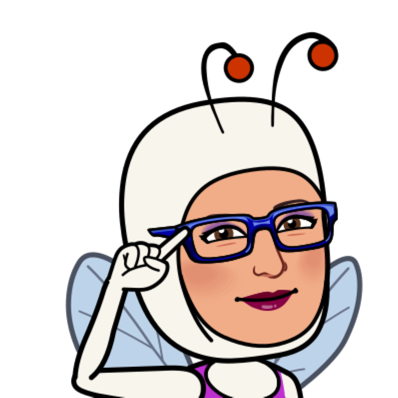
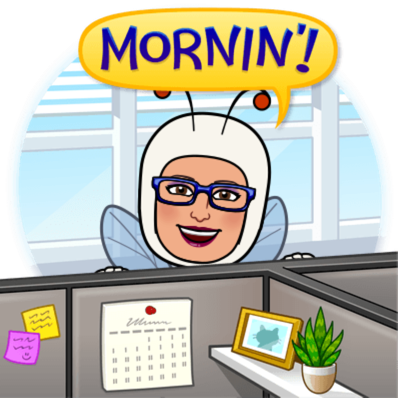
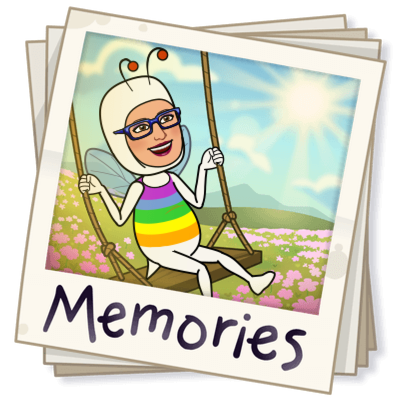
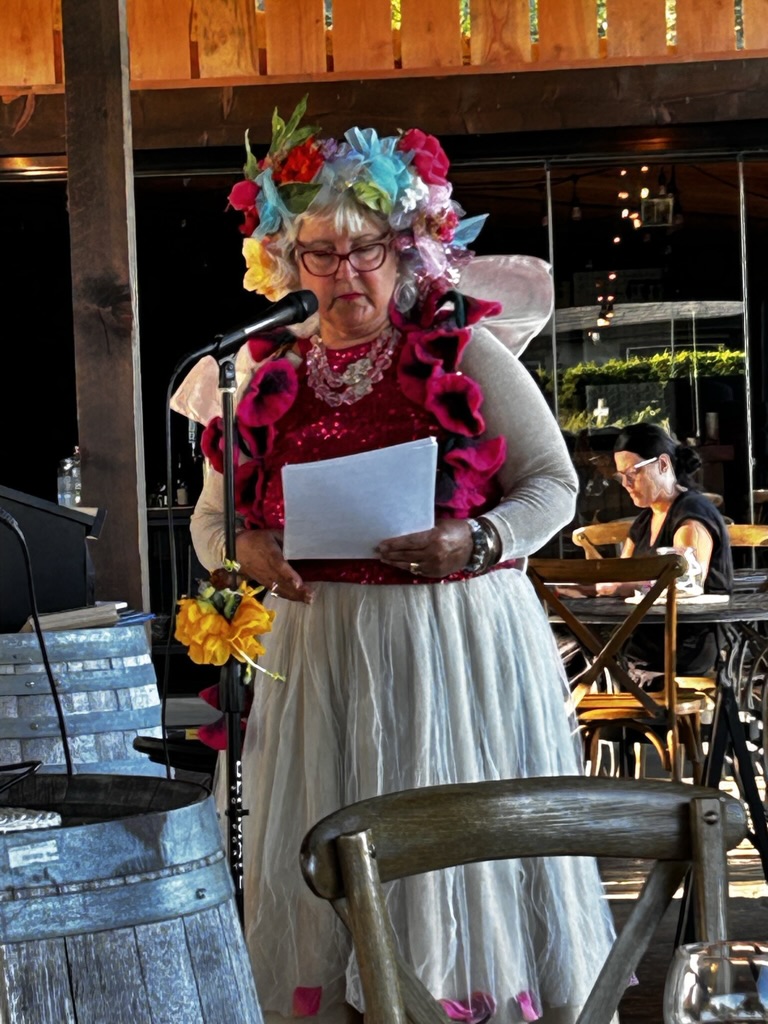
[…] Do You Feel Stunned with Fear Upon Joining the Holiday Gathering? Prev Post […]